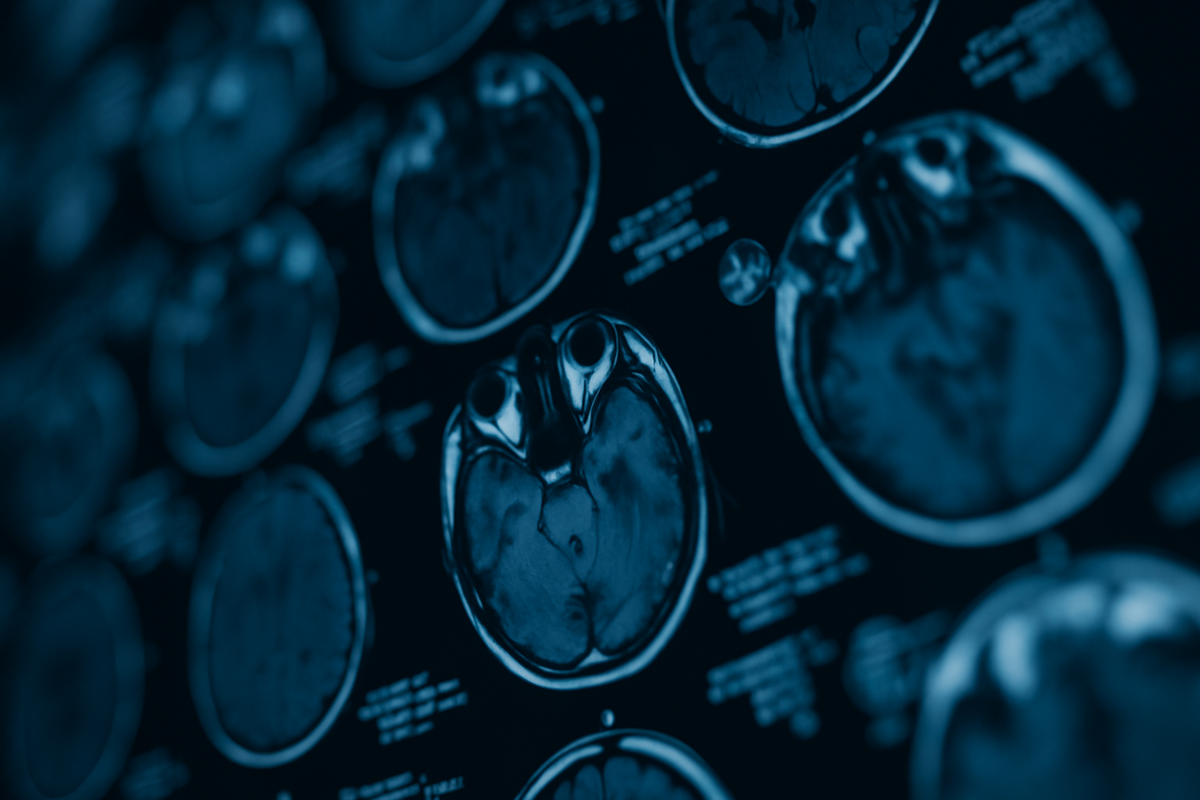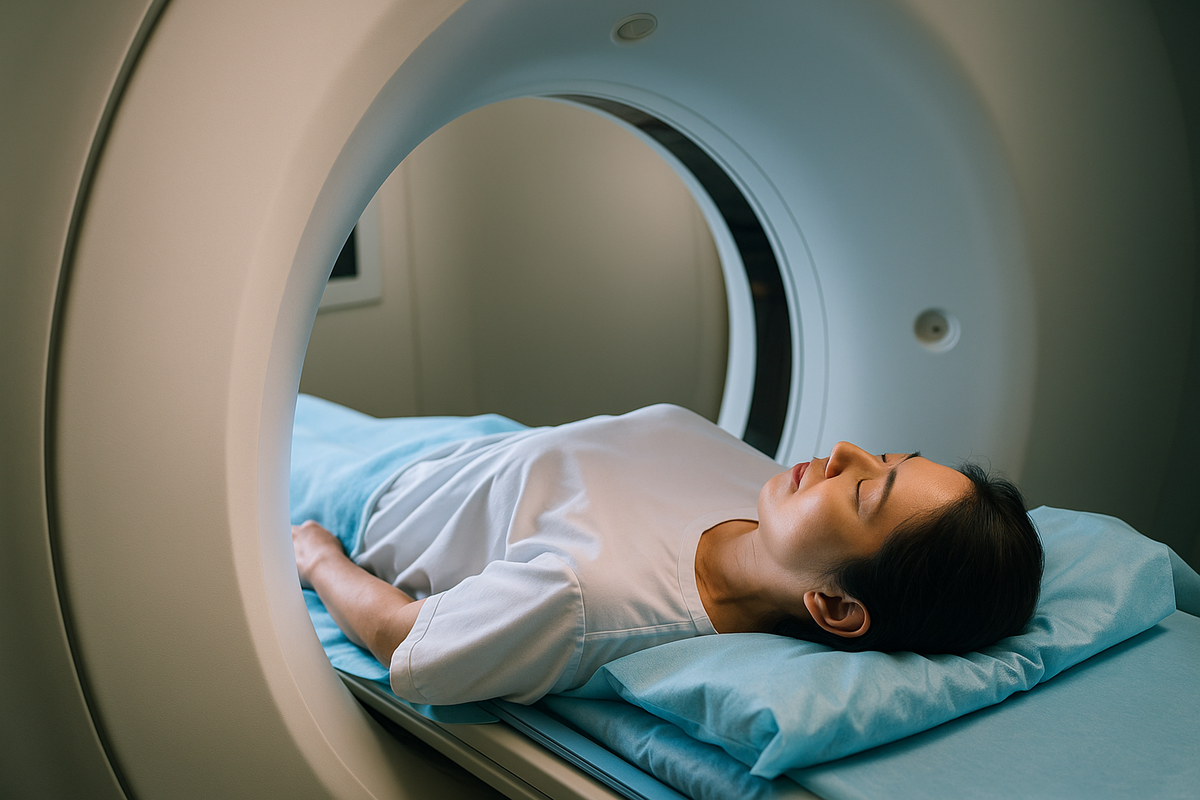Program details
Hope for Early-Stage Alzheimer’s Disease: Lecanemab (Leqembi®)【Kishiwada Tokushukai Hospital】
Internal medicine
Kishiwada Tokushukai Hospital(Kinki/Osaka)
Early Detection Can Change the Future
Safe Lecanemab Treatment at Our Hospital
Brain MRI and Amyloid PET scans are available. Dementia specialists and multilingual staff are on-site to support patients from overseas.
This program is intended for patients with early-stage Alzheimer’s disease or mild cognitive impairment (MCI).
Brain amyloid accumulation is confirmed by PET scans, followed by intravenous treatment every two weeks (total of 36 sessions).
MRI is used regularly to monitor side effects (ARIA).
- Genres
-
- Department
- Disease
- Examination Items/Treatments/Surgical method
- Region/Organ
- Program Summary
- This program is for patients with early-stage Alzheimer’s disease or mild cognitive impairment (MCI).
A PET scan is used to confirm amyloid accumulation in the brain, followed by intravenous treatment every two weeks (a total of 36 sessions).
MRI is regularly performed to monitor side effects (ARIA).
- Medical Institutions
-
Kishiwada Tokushukai Hospital
〒596-0042
4-27-1 Kamoricho, Kishiwada City
- Examination Items
- Setup Date
- Excluded days
- Required Days/Hours
- Start/end time
- Eligibility Criteria/Exclusions for Treatment
- [Eligibility Criteria]
Target: Patients diagnosed with mild cognitive impairment (MCI) or early-stage Alzheimer’s disease
Required tests: Amyloid PET, cognitive function tests, and brain MRI
Treatment period: Approximately 18 months (outpatient visits and intravenous infusions every two weeks)
Eligibility will be determined based on age, genetic risk, and treatment history
MRI follow-up during treatment must be possible
Pregnant or breastfeeding individuals and those with severe brain disorders are not eligible
- Precautions / Contraindications
- [Precautions & Contraindications]
Lecanemab treatment is intended only for patients with early-stage Alzheimer’s disease or mild cognitive impairment (MCI).
Treatment cannot be initiated unless amyloid positivity is confirmed by a PET scan.
Treatment requires an intravenous infusion every two weeks (approximately one hour each) for 18 months. Patients who cannot continue regular outpatient visits are not eligible.
Regular brain MRI monitoring is necessary during treatment.
Side effects such as ARIA (brain swelling or bleeding) may occur, which carry a risk of becoming severe.
Patients with the APOE ε4 gene or cerebrovascular abnormalities may have a higher risk and should consider treatment carefully.
The following individuals may not be eligible for treatment:
– Those with a history of severe allergy to this medication
– Those who are pregnant or breastfeeding
– Those with active brain hemorrhage or cerebral edema
Family consent and support are required.




